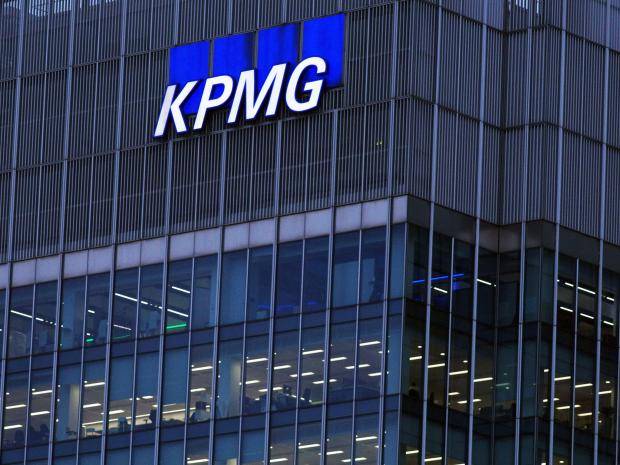PETALING JAYA, 5 March 2018 – Most of the world’s leading companies are not reporting the business case for taking action on the UN’s Sustainable Development Goals (SDGs), according to a new study from KPMG.
The study – entitled How to report on the SDGs: What good looks like and why it matters – reviews corporate reporting on the SDGs from the world’s largest 250 companies (G250) and assesses it against nine SDG reporting quality criteria.
KPMG’s research also finds that within two years of the SDGs being launched in 2015, four in ten (40 percent) top companies acknowledged the global goals in their corporate reporting. Of these, 84 percent identified the SDGs they consider most relevant to their business.
However, less than one in ten has reported a business case for action on the SDGs (8 percent) or has set specific and measurable (SMART) business performance targets related to the global goals (only 10 percent).
Adrian King, lead author of the study and KPMG’s Global Lead for Sustainability Reporting & Assurance, said:
“There are huge business opportunities inherent in tackling the world’s toughest problems, but so far only a handful of big companies have shown they understand that. These few leaders stand to benefit from recognizing the SDGs as a powerful catalyst for the innovation, partnerships and market transformations that build businesses. They will also be at an advantage when communicating with the many investors, governments and other stakeholders who are taking an increasing interest in the contribution of business to the SDGs.”
Other key findings from KPMG’s study include:
- The SDGs most commonly prioritized by leading companies are Climate Action (SDG13), Decent Work & Economic Growth (SDG8) and Good Health & Wellbeing (SDG3)
- Three quarters (75 percent) of companies that report on the SDGs discuss the impact their business has on the goals, but reporting is largely unbalanced with most companies discussing their positive impacts but not the negative
- Only one in five reporting companies reports on any of the 169 individual SDG targets set by the UN
Within Malaysia, a review found that only 13% of the top 100 companies by revenue in Malaysia who reported on their corporate sustainable performance incorporated the SDGs in their corporate responsibility reporting.
Kasturi Nathan, Head of Governance & Sustainability at KPMG in Malaysia, opines that there is room for improvement but is confident that more companies will align their sustainability efforts to the SDGs.
“Through transformation programs and policies such as the TN50, the government is moving towards sustainable living by aiming to be a low-carbon society as well as creating an interconnected and responsible society. Hence, it is anticipated that more companies in Malaysia will take the initiative to affiliate their sustainability efforts to the UN goals,” said Kasturi.
She added that the companies who aligns themselves to the SDGs stand to gain the business benefits in the long run.
“Companies today are increasingly seen to be demonstrating their commitment towards responsible business practices. Shareholders and the society at large expect more accountability from businesses, and those who disregard this importance will likely have to contend with negative perceptions and reputational damage,” cautioned Kasturi.
For more information, download the report via KPMG Malaysia Mobile App or visit www.kpmg.com/sdgreporting

